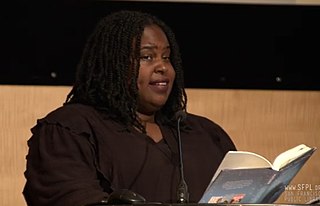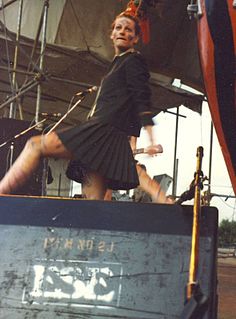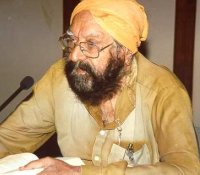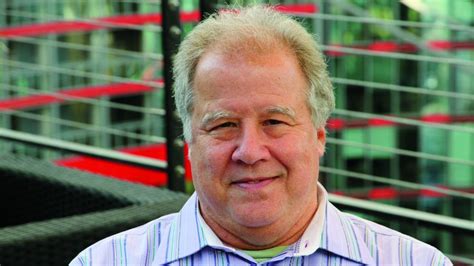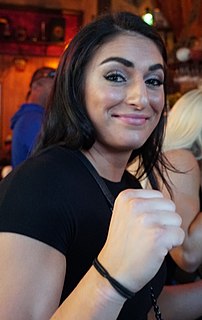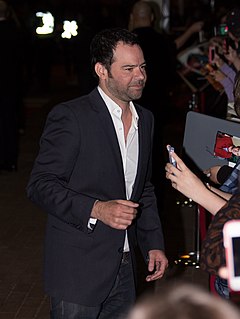A Quote by Cassandra Clare
I don't think I ever intended specifically to write for the young adult market. It's just that when the idea for City of Bones came to me, I knew the main characters were teenagers. In my mind they were just very clearly the ages they were, which turned out to mean it was a YA novel.
Related Quotes
I've published over 100 books - and that is divided about 50/50 adult and young adult. Lately, I have been writing more YA, which is such a great genre to write it. I don't have a favourite (I usually say it's the last book I've written), but certain books do stick in the mind. My very first YA novel, The Children of Lir, will always be special to me, and, of course The Alchemyst because it was a series I'd wanted to write for ages.
Once I became an adult and started to pursue writing as a professional career, I realized my main characters were always young people. My stories naturally center around children and teenagers. I think it's because I have worked with youth for about twelve years. The pains and joys of adolescents are moments I witness on a daily basis, so their stories are always with me as I write.
My children came out as individuals in their own right. They were not my products. They had their own characters and were very strong-minded. I gave them a lot of freedom when they were still very young. The one thing they got from me is morals. They would never betray anyone. They are really good people.
Though now we think of fairy tales as stories intended for very young children, this is a relatively modern idea. In the oral tradition, magical stories were enjoyed by listeners young and old alike, while literary fairy tales (including most of the tales that are best known today) were published primarily for adult readers until the 19th century.
It is the first time since 1993 that Russians have come out into the streets without an explicit permission from the government to do so. The main difference between the protests of 2011-2012 and these protests today is that they didn't have permits. These were - the people who were coming out into the streets were very young people, for the most part, who knew that they were all risking arrest. It's an extraordinary event.
The 1980s were such a shock for me. I was really young, obviously, and The Slits were just mutilated. We were totally sabotaged to such a point that we were put out in exile. So that was the best way for me to spend the '80s: in the jungle, naked. Maybe there are more options now, and there's more girl groups. The only thing good that came out of the '80s was breakdancing.
When I was just starting out, I met Cartier-Bresson. He wasn't young in age but, in his mind, he was the youngest person I'd ever met. He told me it was necessary to trust my instincts, be inside my work, and set aside my ego. In the end, my photography turned out very different to his, but I believe we were coming from the same place.
GOOD AS NEW was born out of the idea of writing a play where the stakes were high and the collisions were of a verbal nature. Also I wanted to write a play where people were smarter than I was, and more alive than I feel normally. I became interested in the idea of characters who would surprise me. I guess one could argue that nothing comes out of you that wasn't within you to begin with, but maybe there are ways to trick yourself into becoming more an observer or an advocate for the characters.
The idea that you waited for that particular issue to come out, but then you planned your TV viewing for the coming season, it was a completely different world. And I grew up in Fort Lauderdale, so there was a TV critic writing for the Miami Herald, Jack Anderson, that was very influential. Just to read, every morning, somebody who cared about TV as much as I did - they were an adult, and they were clearly being paid for it. That was an "a ha!" moment for me before I was even 10.
For a while, I was feeling like I was always playing characters that weren't specifically Korean or specifically Asian, even - that they were characters who were originally written white, and then they would cast me. And I used to consider that a badge of honor because that meant I had avoided stereotypes.
Let's just say my phone blew up when I came out on global television. The only people that knew were my immediate family members and my closest friends, maybe like three of them. So you can imagine how many texts and emails and Facebook messages that I got after coming out, most of which were very supportive from the LGBT community.


